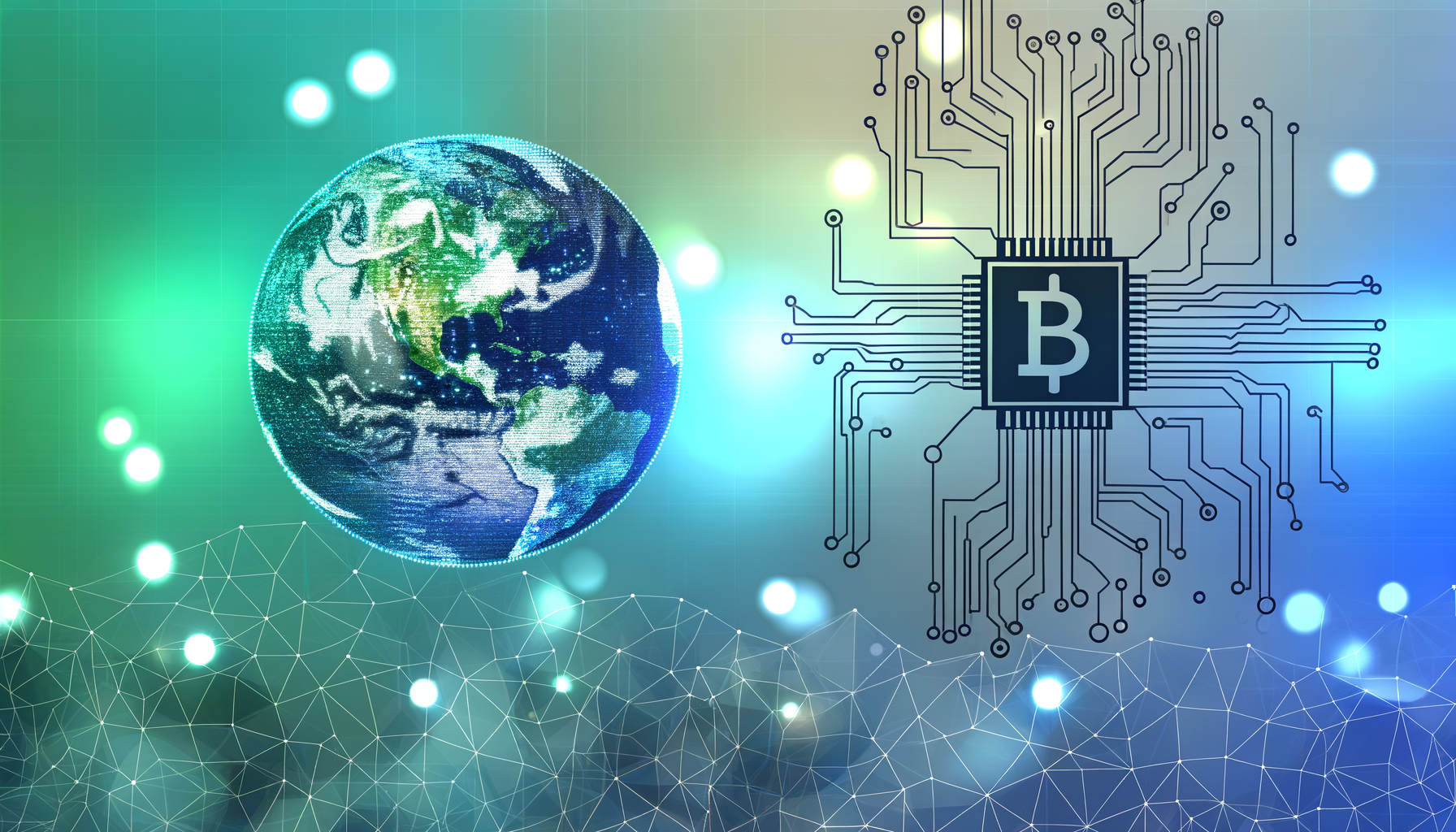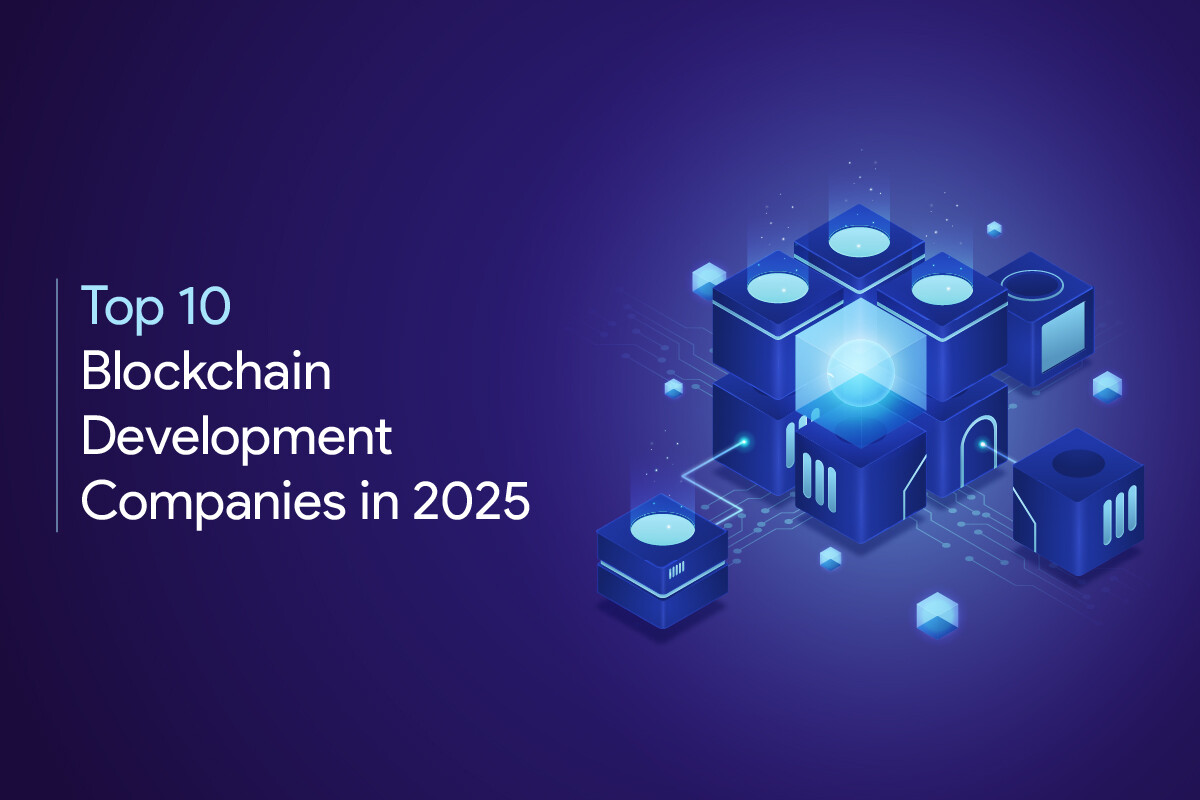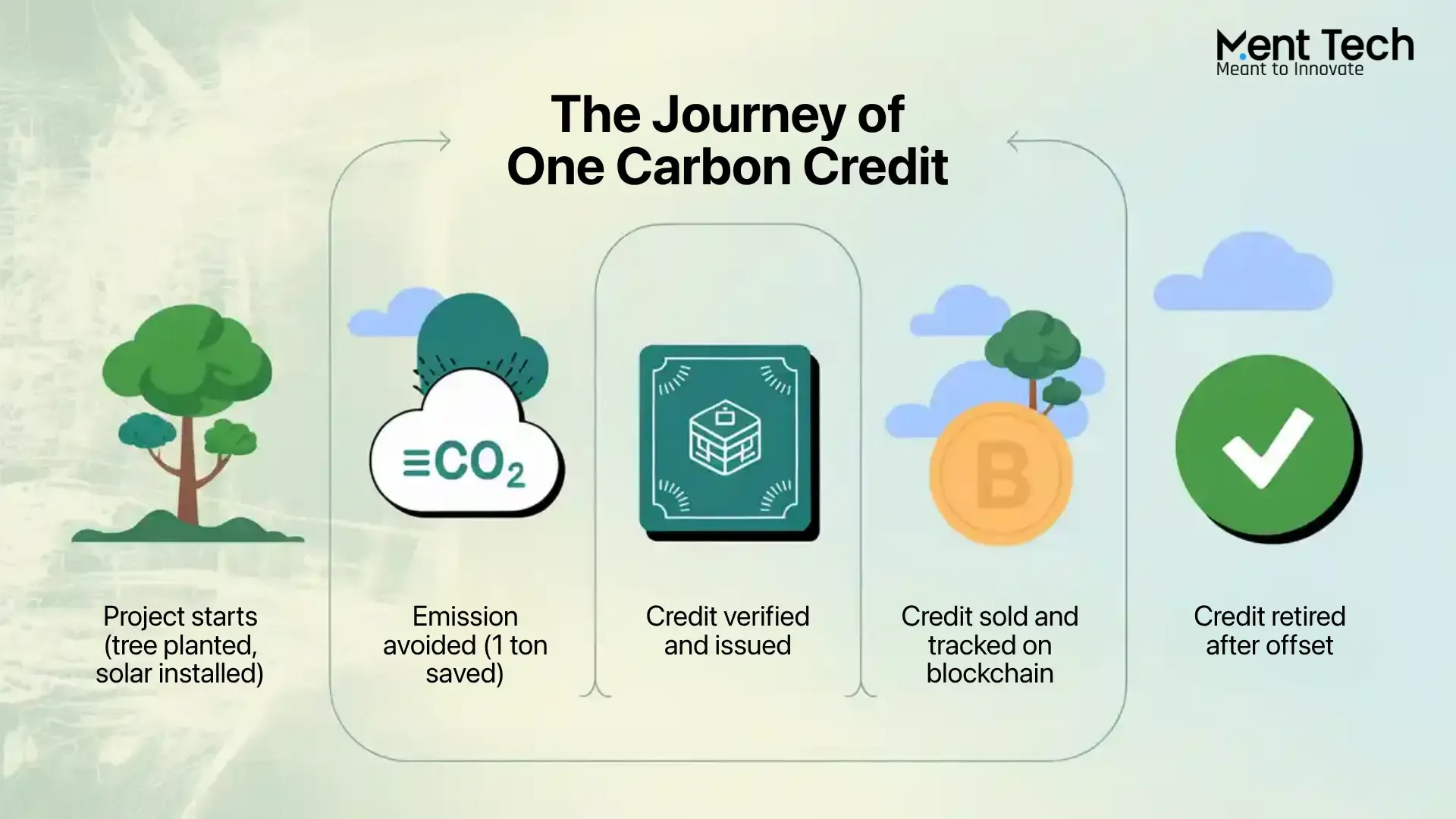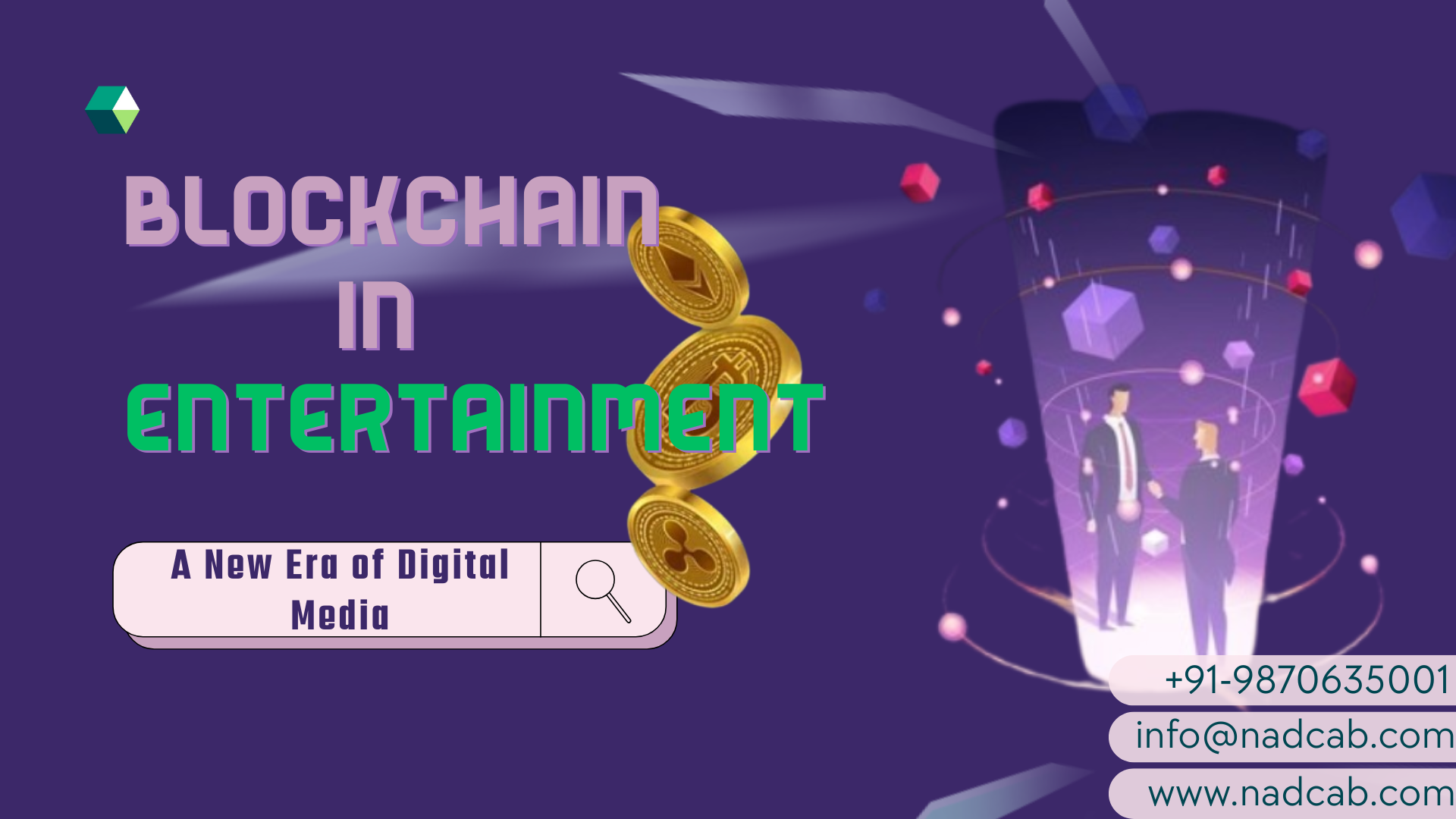Tracing the Truth: How Blockchain is Revamping Global Food Supply Chains

Strong 8k brings an ultra-HD IPTV experience to your living room and your pocket.
In today's interconnected world, consumers are more informed and demanding about the origin and safety of their food. In parallel, supply chain complexities and the inherent risks involved in food production have underscored the need for increased transparency and traceability. Enter blockchain technology, a revolutionary system holding the promise to transform global food supply chains by drastically enhancing transparency, tracking, and accountability.
✍️ Blockchain is reshaping supply and logistics systems worldwide. Learn how companies use blockchain technology for transparency and fraud prevention.
Understanding Blockchain
Before diving into its applications, it's crucial to understand what blockchain is. At its core, blockchain is a decentralized digital ledger system used to securely store data across a network of computers. Its unique structure ensures data immutability, transparency, and security, creating trust without the need for intermediaries. These features make blockchain ideally suited for applications requiring auditability, such as financial transactions, healthcare records, and notably, food supply chains.
Modern Food Supply Challenges
Global food supply chains involve various stakeholders: farmers, processors, distributors, retailers, and consumers. The numerous touchpoints, often geographically dispersed, intrinsically complicate managing transparency and data integrity. Issues such as food fraud, mislabeling, supply chain disruptions, and food safety remain persistent threats.
Food recalls due to contamination or inaccuracies are expensive and damaging, both financially and reputationally. Further, these issues pose health risks to consumers. Recent data from WHO reports an estimated 600 million cases of foodborne diseases annually worldwide, making the enhancement of global food safety practices a pivotal concern.
The Role of Blockchain in Food Traceability
Blockchain's immutable and transparent nature offers a novel approach to real-time traceability along the food supply chain. This innovation can:
1. Provide End-to-End Visibility: Blockchain can map the entire journey of a product from farm to table. Each transaction or change in location is recorded on the blockchain, facilitating exact tracking of location and product status.
2. Enhance Food Safety: By enabling quick identification of the source of contamination, blockchain can significantly reduce the time taken for food recalls, curtailing the scope of contaminated products reaching consumers.
3. Boost Consumer Trust: Transparency into production processes allows consumers to be informed about the origin, quality, and ethical practices behind their food, thereby building trust and loyalty.
4. Prevent Food Fraud and Waste: Foolproof documentation and monitoring can deter fraudulent practices such as mislabeling, counterfeiting, and the adulteration of products. Better inventory tracking can also help reduce food waste by preempting spoilage.
Real-World Applications and Success Stories
Several major players in the food industry have already begun harnessing blockchain’s potential:
Walmart collaborated with IBM to deploy the IBM Food Trust blockchain, achieving dramatic reductions in time taken to track the origin of produce from almost a week to seconds.
Nestlé adopted blockchain to offer full transparency on the origins of its coffee and milk products, enabling consumers to verify certifications and production standards.
Carrefour used blockchain for supply chain transparency for several products, allowing consumers in Europe to scan QR codes and instantly access detailed product information.
Challenges and Considerations
While the promises are substantial, integrating blockchain into existing systems isn’t devoid of hurdles:
1. Technological Barriers: Blockchain requires infrastructure updates and technical expertise which can be prohibitive, especially for smaller entities within the supply chain.
2. Data Integrity and Standardization: Inputting accurate data is crucial. The blockchain will only be as reliable as the data fed into it. It's also essential to standardize data formats and input practices.
3. Partnership and Collaboration: Effective implementation requires collaboration from all stakeholders across the supply chain, demanding unprecedented coordination and alignment.
The Road Ahead: Blockchain's Future in Food Supply
The potential of blockchain in transforming global food supply chains is profound, marking a new era of confidence in food safety, quality, and authentication. As technology develops and more organizations commit to innovation, blockchain could become as indispensable as regulatory standards for food industries.
Beyond supply chain innovation, blockchain's expansion may fuel the burgeoning Internet of Things (IoT) applications, empowering real-time sensors and smart monitoring solutions, offering unmatched precision in managing food products.
In conclusion, while challenges remain, the significance of blockchain in reshaping food supply chains and enhancing transparency is undeniable. It offers a new paradigm where traceability is not just possible but practical, reflecting a future where consumers can make informed decisions with full confidence in the safety and integrity of their food.
With continuous advancements, blockchain's role will likely evolve, cementing itself as a cornerstone in future-proofing food supply chains, reassuring consumers, and empowering stakeholders at every level. It's an exciting juncture for the food industry one that promises far-reaching positive impacts globally.
Read More @ https://www.360iresearch.com/library/intelligence/food-diagnostics
SOURCE -- https://www.360iresearch.com
Note: IndiBlogHub features both user-submitted and editorial content. We do not verify third-party contributions. Read our Disclaimer and Privacy Policyfor details.







